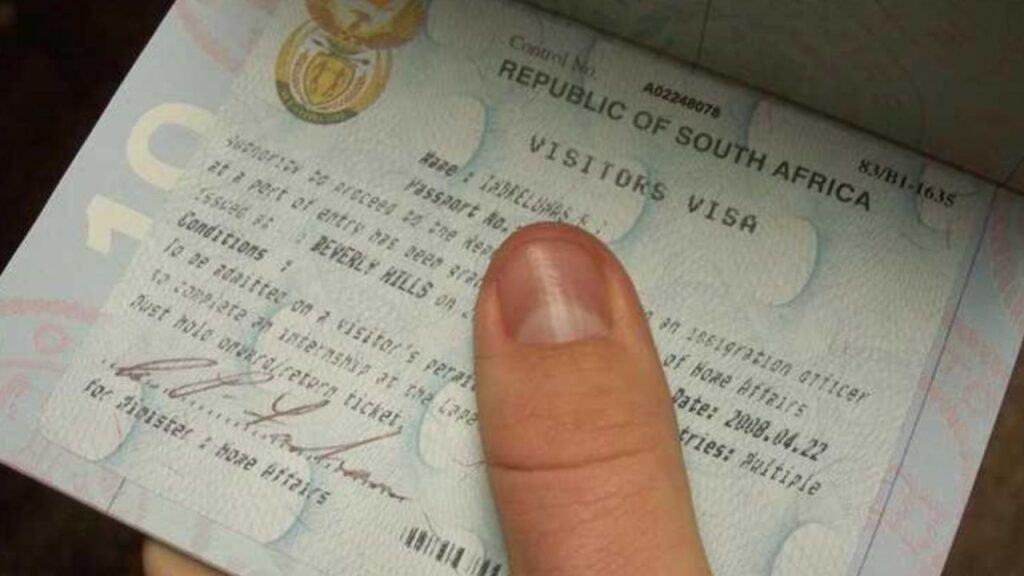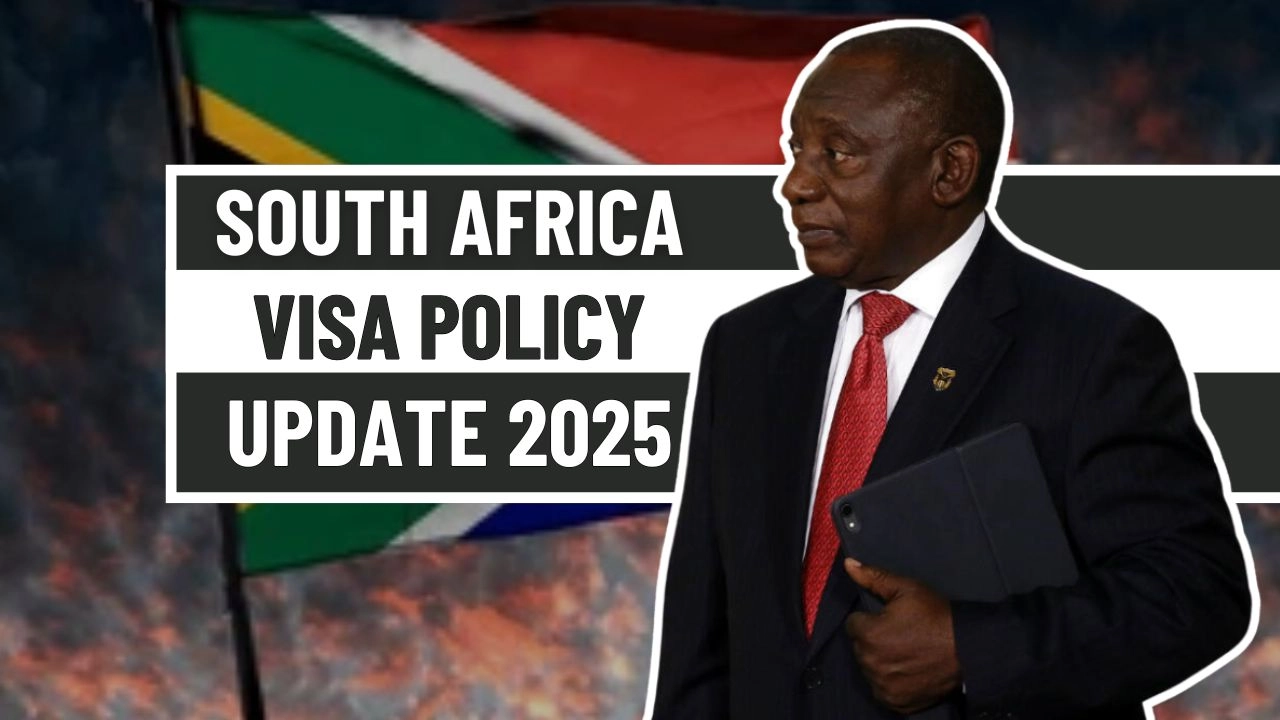As South Africa looks ahead to 2025, a transformative series of immigration reforms is set to reshape the nation’s international standing. These forward-looking changes are part of a broader agenda to increase global engagement, attract foreign investment, and position the country as a competitive destination for tourists, professionals, and remote workers. Spearheaded by the Department of Home Affairs, this multi-dimensional strategy is tailored to break down outdated administrative barriers and support South Africa’s economic renewal.
Indian Nationals to Enjoy Visa-Free Travel for Extended Stays
A standout feature of the new immigration approach is the announcement that Indian passport holders will be eligible for a 90-day visa-free. This marks a notable shift from prior policy, which required Indian travelers to apply for entry permits in advance. The change is expected to dramatically boost tourism from India, with projected visitor numbers increasing from 16,000 to over 100,000 annually. This move also reflects growing economic and diplomatic cooperation between South Africa and India, highlighting the mutual benefits of strengthened cross-border engagement.
Group Tourism Simplified Under New Operator Accreditation Model
Accompanying the visa waiver for Indian nationals is the debut of the Trusted Tour Operator Scheme (TTOS), a fresh initiative aimed at simplifying group travel. Through this program, licensed travel agencies particularly those in high-volume markets like India and China will be authorized to submit visa applications on behalf of their group travelers. This adjustment not only reduces individual administrative burdens but also facilitates quicker processing and smoother travel coordination. It’s a strategic move to make South Africa more accessible and appealing to larger tourism groups.
Embracing the Digital Workforce with a Dedicated Nomad Visa

Recognizing the global rise of remote employment, South Africa is introducing a visa specifically designed for location-independent professionals. This new remote work visa offers qualified individuals the ability to live and work in South Africa while being employed by foreign companies. To be eligible, applicants must show proof of a gross annual income of at least R650,976. Furthermore, those who remain in the country for more than 183 days in any 12-month span must register with the South African Revenue Service (SARS). This innovation aligns South Africa with global trends supporting digital nomadism and economic fluidity.
Remote Visa Regulations Aim to Preserve Local Employment Integrity
Despite the freedom the remote work visa offers, strict conditions are in place to protect the domestic job market. Individuals granted this visa are prohibited from seeking local employment with South African-based organizations. In addition, changing visa types while residing in the country is generally not permitted unless special approval is granted. These regulations are designed to maintain a balance between attracting global talent and safeguarding opportunities for South African citizens.
Introducing a Modern Points-Based System for Skilled Workers
A major upgrade in the visa system is the adoption of a structured points-based evaluation for work visa applicants. Under this system, prospective applicants are assessed on a range of criteria including qualifications, job offers, salary levels, professional experience, language proficiency, and whether their skills are listed as critically needed. A minimum of 100 points is required to qualify, with those in urgent-demand professions receiving expedited consideration. This data-driven method supports South Africa’s goal of closing skills gaps while prioritizing economic growth.
Targeted Waivers Accelerate Talent Acquisition Processes
To further enhance efficiency, the government has approved strategic waivers that cut down on red tape. One such waiver removes the requirement for a certificate from the Department of Employment and Labour when applying for a General Work Visa. Another provides a one-year provisional visa for professionals awaiting their qualification assessments by the South African Qualifications Authority (SAQA). These measures underline the government’s intention to streamline immigration without compromising regulatory oversight.
Immigration Reform as a Catalyst for National Progress
South Africa’s updated immigration policies reflect more than just administrative reform they signal a comprehensive plan for economic and social advancement. Experts predict that a 10 percent rise in tourist arrivals alone could increase the GDP by 0.6 percent and generate substantial job creation. These changes are aimed at transforming South Africa into not only a desirable tourist destination but also a global magnet for innovation, entrepreneurship, and skilled professionals ready to contribute to the country’s development.
Looking Forward: Building Bridges Through Policy Innovation
The 2025 immigration reforms signify a strategic shift toward greater inclusivity, modernized processes, and enhanced global alignment. From easing entry for international travelers and supporting digital nomads, to refining skilled migration through a points system, South Africa is taking meaningful steps to reinvent its global image. These initiatives are expected to improve transparency, stimulate economic participation, and enhance the country’s appeal to the international community. As the world becomes more interconnected, South Africa is signaling its readiness to be a dynamic part of that future.


